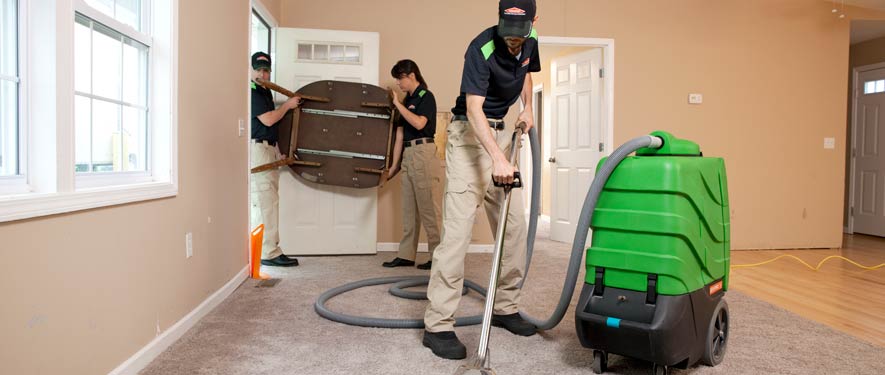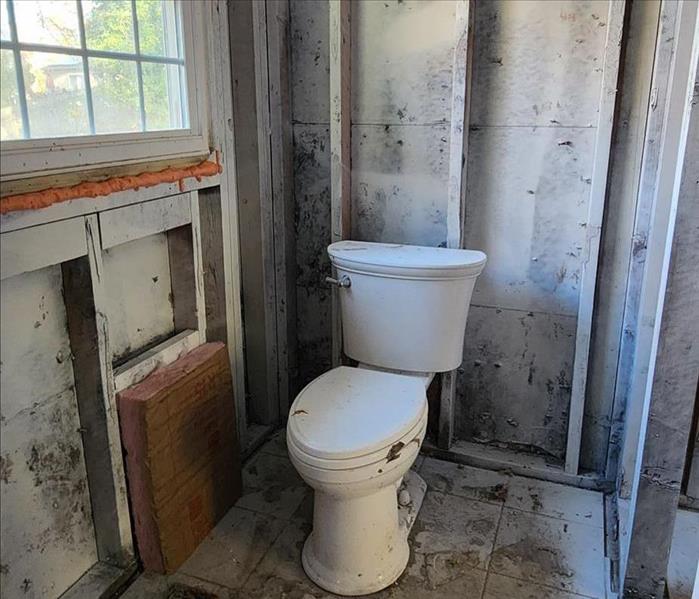
Step 3: Water Removal / Water Extraction
After scoping out the damages and devising a plan the water extraction can begin. This plays a large part in helping the drying process, avoiding mold growth, and any secondary water damage. SERVPRO of Burlington Township/Mount Holly has the equipment for any size job. From simple wet vacuums for the smaller residential damages, to powerful pumps and truck mounted vacuums for those larger floods and commercial buildings. No need to worry if you have personal items that have been affected or just need to be packed away for safety from further damage. The trained professionals of SERVPRO of Burlington Township/Mount Holly will conduct a organized, efficient move out to protect your items.
Move-Out / Pack-Out
If your home requires extensive restoration or cleaning, SERVPRO of Burlington Township/Mount Holly can conduct an organized, efficient move-out to protect your belongings from further damage.
- Move-Out Service
Emergency Water Removal
Our highly trained technicians will begin the water removal process almost immediately. Depending on the amount of water, we may use powerful submersible pumps in addition to industrial strength, wet/dry vacuums. Removing most of the water helps reduce drying time and helps prevent secondary water damage and mold and bacterial growth.
- Remove Excess Water
- Use Submersible Pumps and Industrial Wet/Dry Vacuums
Inspect the Carpet Pad and Carpet
We inspect the carpet and pad and determine if they should be removed to protect the subfloor.
- Inspect Carpet Pad and Remove If Needed
- Inspect Carpet and Remove If Needed
Water Removal Equipment
- Moisture detectors, hygrometers, and other meters measure the extent of moisture saturation.
- Infrared cameras may be used to find “hidden” water behind walls and ceilings.
- Submersible and gas-powered pumps are used for continuous pumping of high-level water.
- Truck-mounted and portable extraction units perform efficient water removal.






 24/7 Emergency Service
24/7 Emergency Service




